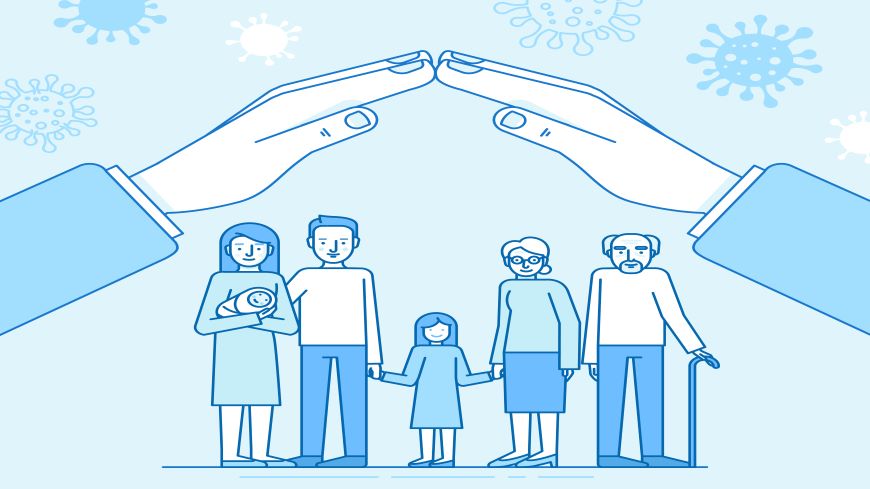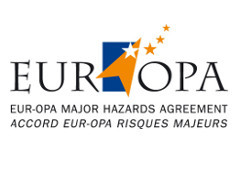Groupes vulnérables

In 2011 the Committee of Permanent Correspondents of the European and Mediterranean Major Hazards Agreement (EUR-OPA) adopted Ethical Principles on Disaster Risk Reduction and People’s Resilience. On the one hand, the Ethical Principles provide a good compilation of principles already recognised by other Council of Europe legal texts and they are an illustration of how the Agreement’s work on disaster risk reduction is in phase with the main concerns of the Council of Europe. On the other hand, the Ethical Principles serve as a base to develop both policy recommendations and practical solutions (involving prevention, reduction of vulnerability, preparedness, assistance in emergencies and recovery) to improve the resilience and preparedness of vulnerable groups:
- people with disabilities;
- migrants, asylum seekers and refugees;
- children.
The most vulnerable groups need special protection of their rights taking into account their physical and psychological specificities in order to help them cope better with disasters.

- Atelier sur l'Inclusion des Groupes vulnérables dans la Réduction des Risques de Catastrophe
Bakou, Azerbaïdjan 18-19 septembre 2019


